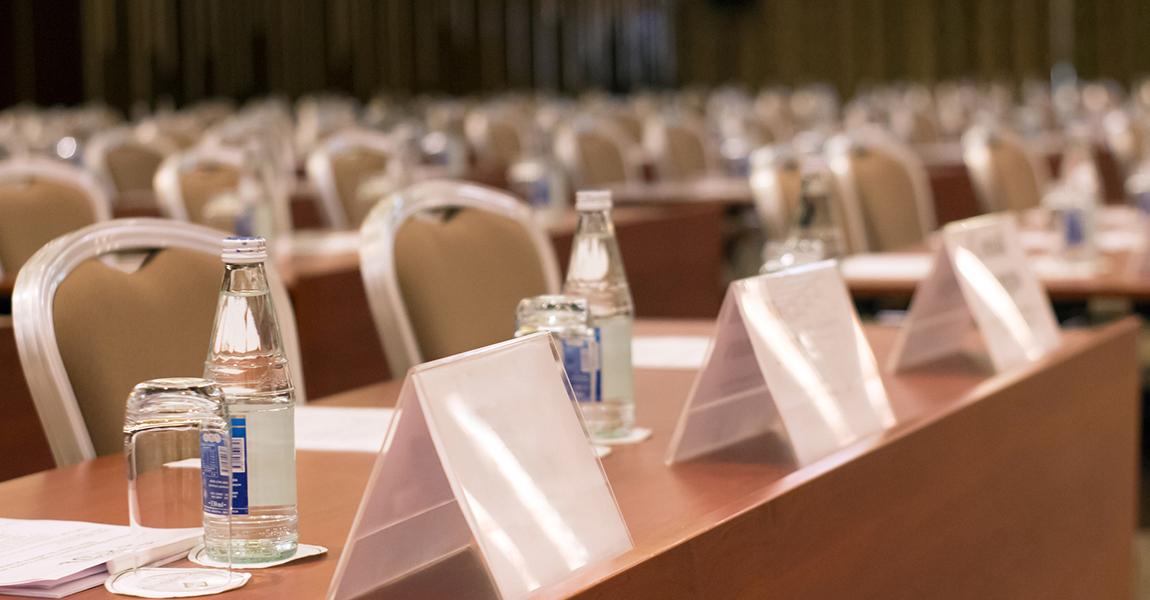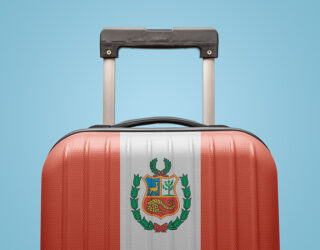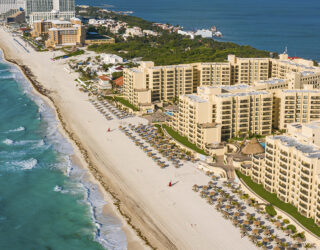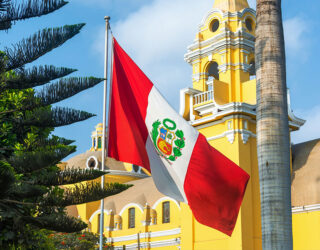A significant revival of the so-called MICE (meetings, incentives, conferences and exhibitions) industry has been seen in Peru due to the growth in the organization of events of international importance. This revival was aided, in mid 2023, by the enactment of Law No. 31816 on customs facilitation for the organization of international events declared to be of national interest, applicable to events taking place up until December 31, 2030, of which all promoters of events of this type should be aware.
At the beginning of this year, the Minister of Foreign Trade and Tourism affirmed that meetings tourism was expected to see significant economic movement in 2024, accounting for 7% of Peru’s tourism GDP and 0.2% of national GDP. This would be a major improvement on the situation seen in previous years, bringing the figures almost up to pre-pandemic levels. The movement expected to be seen in 2024 would be attributable mainly to events such as the Asia-Pacific Economic Cooperation (APEC) 2024 Summit, the Bolivarian Games in Ayacucho, the ALTA Aviation Safety, Flight Ops & Training Summit, and the 2024 Luum Awards in Cuzco.
Thanks to the provisions of Law no. 31816 on customs facilitation for the organization of international events declared to be of national interest, published on July 6, 2023, there is now a special regime in place for events of this nature (i.e. assemblies, forums, congresses, summits, sport competitions or any scheduled activity of international relevance) taking place up to December 31, 2030. This law has replaced Law no. 29963, which contained similar provisions and had been in force since 2012 for international events taking place up to December 31, 2022 (such as Dakar 2013, APEC 2016, Dakar 2019 or the 2019 Pan American Games, among others).
According to the provisions of Law no. 31816, the aim of this special regime – of which we provide a brief description below – is precisely to “contribute to the revival of business, meetings and events tourism, re-establishing the legal framework for the facilitation of customs procedures and participation, inter alia”.
One of the main measures (benefits) adopted as part of the special regime is the rule that the goods necessary for the staging, coverage and broadcasting of the events may be placed under the temporary admission for re-export in the same state regime for a period covering the 90 calendar days preceding the start of the event and up to a maximum of 90 calendar days after it has ended (and both such periods may, where justified, be extended by a term of similar duration by the tax authorities, or by longer periods by a ministerial resolution).
For the aforementioned regime to be authorized, a guarantee satisfactory to the tax authorities must be provided, of an amount equivalent to the customs duties, other taxes applicable on import for consumption, any surcharges applicable, and compensatory interest stipulated by the General Customs Law; or of a global sum to be approved by the Peruvian tax authorities for such purpose, in order to secure payment of these items.
Finally, the regime in question would cease to apply upon: (i) the re-exporting of the goods within the authorized period (although re-export after expiry of such period may be authorized in exceptional cases involving duly evidenced fortuitous or force majeure events); (ii) transfer and nationalization (which is only accepted in exceptional cases at the end of the event when the transfer is made free of charge to public sector entities, with the exception of public companies); or (iii) enforcement of the guarantee referred to above when the maximum term of the temporary admission has expired, as a result of which the goods are deemed to have been nationalized.
The import of goods for consumption (advertising products, samples of no commercial value and perishable goods not intended for sale and which are to be used or consumed at the event exclusively) must comply with the requirements for nationalization, although it is exempt from the payment of customs duties, other taxes and the surcharges levied on imports for consumption.
Another interesting measure is the empowering of the Ministry of Transport and Communications to authorize, in exceptional circumstances, the internment of the telecommunications equipment or apparatus necessary for the staging of the events, and to assign the radio spectrum for their use, provided this does not affect the correct provision of public telecommunications services.
Finally, it is stipulated that the promoter of the event must provide the National Superintendence of Migration and the Ministry of Foreign Affairs with a list of persons participating in the events so that the corresponding authorizations and permits can be processed, and that these authorities may establish special procedures where appropriate.
It is important that all promoters of events of this type – be they governmental entities or natural or legal persons subject to private law – be aware of the scope of the aforementioned law so that they can take the necessary steps to have the event they are promoting declared as being of national interest (for which a supreme decree approved by the Peruvian Council of Ministers is required) and, once this has been achieved, can design the cost structure for the staging of the event in optimal conditions.






